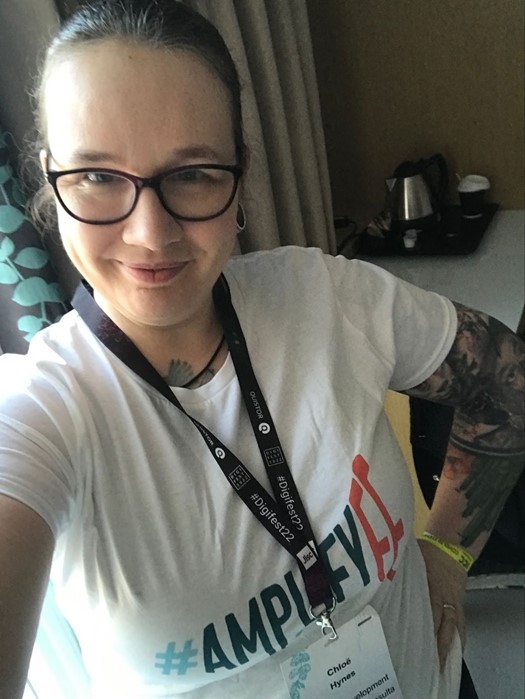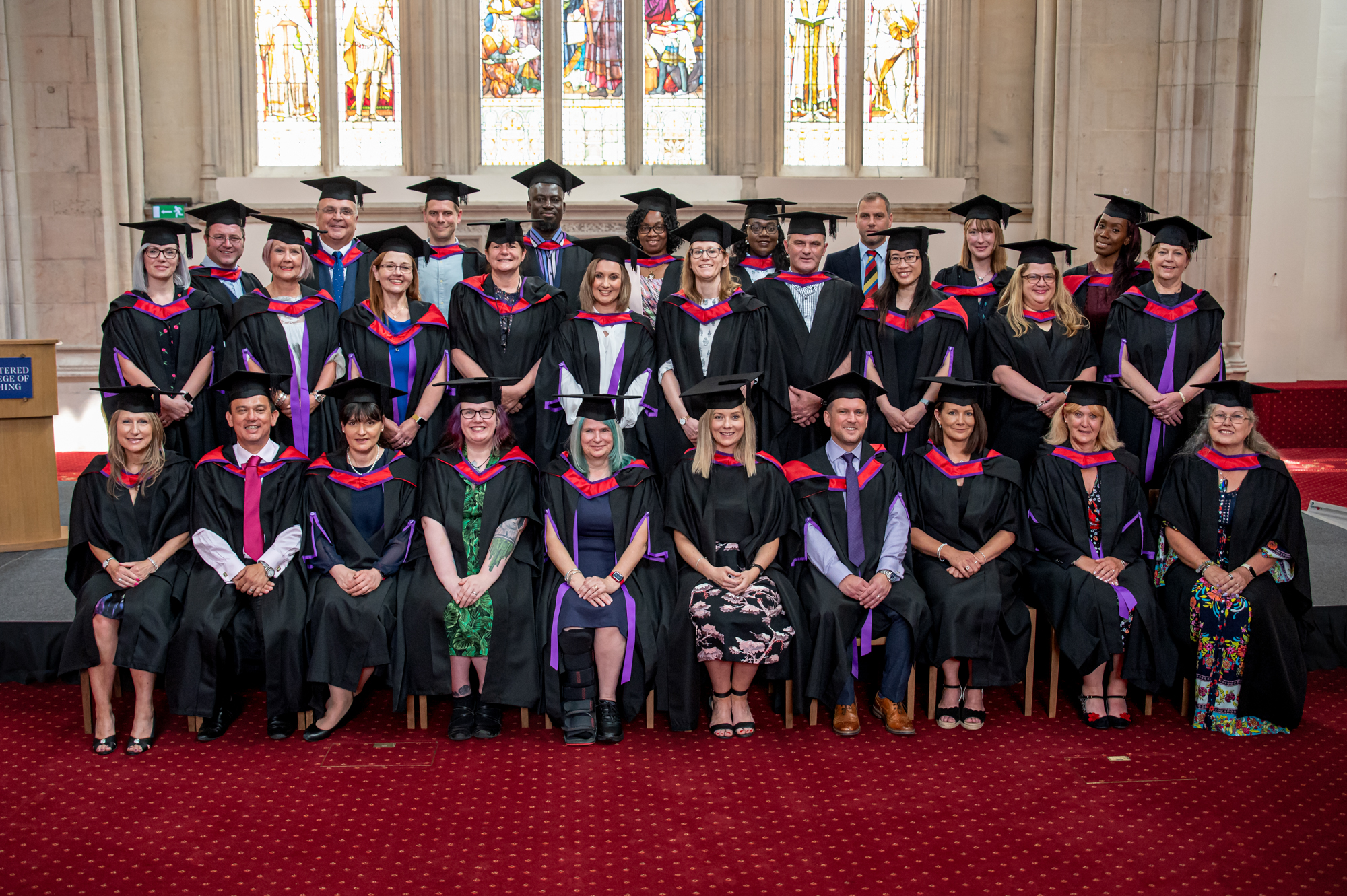Chloë Hynes' ATS diary #3: Applying for ATS
Chloë Hynes reflects on her Advanced Teacher Status (ATS) journey, from application to award, and offers her advice to those planning to apply for the next cohort or currently coming to the end of the programme.
Having recently graduated with Chartered Teacher Status, something afforded to those of us who completed the Advanced Teacher Status (ATS) process, I wanted to take some time to reflect on the journey as a whole with those of you that are currently approaching some big ATS milestones. So, this blog is specifically for the attention of those that are considering applying for ATS, those on the last leg of the process, and those of us that have completed it and very recently graduated.

The beginning
The Society for Education and Training (SET) asked me what advice I would give to those who were currently working through their applications (or considering applying). In honesty, I didn’t know what to say. I recall that when I completed my application it was done under the weighty duress of imposter syndrome; the only lightness coming from my peers, colleagues and manager telling me I should persevere.
I’m also a trainer and my timetable is diverse and (wonderfully) messy, so I questioned whether I was the ‘right kind’ of teacher. I got hung up on that word: ‘teacher’. I’ve taught in a variety of Further Education (FE) settings and I now work for a consultancy company but I’m not a ‘consultant’. The application form gave me an identity crisis that I needed to address, but if you’ve read any of my previous blogs, you’ll know that this was a big part of my ATS journey in and of itself. So, to sum up my own personal experiences, I would say: be gone with the imposter and embrace the diversity of FE; not every ‘teacher’ looks like the next and not only is that okay, but it’s the very nature of the sector we know and love!
And if that doesn’t resonate, I also asked ATS folks on Twitter what advice they would give to not only encourage you to take the step in your professional development, but also to implore you to believe in yourself in a way that you can help others see it, too.
The middle
For some of you reading this, applications are a distant memory now. Since you got your letter of acceptance onto the programme you have worked your way through a full 360 review, drawn up and implemented a personal development plan for the year, completed a quality improvement project, mentored peers and reflected on the process along the way. Soon you’ll be thinking about that last observation and your final reflections (along with any finishing touches to the rest of your portfolio). It was at this point in the year that I felt most overwhelmed. I had tried to be kind to myself by planning the year in my action plan so the work was spread out, but I had unfinished and messy sections, a QIP to analyse and write up (where do I start?), and the final reflection overfaced me (again, where do I start?!).
Three things relieved the pressure for me:
- Pausing for a moment to take stock of all that I had completed up to that point. Even if I did need to dot some I’s and cross some t’s, I had done a significant amount of work up to that point of which I should be proud. And perhaps, I need to have a break and not beat myself up about it. It is summer after all!
- Regular writing rooms with my ATS peers to get my head down and get work done. JoyFE hold regular online writing rooms, so if you’d like to join them, contact them. If you need to work distraction-free, I’d also recommend using a productivity app such as Flora.
- Lastly, reading through all the information and analysis from my initial 360 review helped me visualise how far I had come in my own professional development and remember the reasons why I chose the things I wanted to focus on in the first place. It was doing this and engaging with Brookfield’s lenses that helped me start writing into the blank page that was my Critical Reflection.
This is the last leg; you’ve done a fantastic job navigating the process so far and you don’t have long to go now. You can do it!
The end
Whilst we might finish the ATS process on paper, it doesn’t come to an abrupt stop. You don’t complete the process to prove you’re an advanced practitioner, to then just stop because you’ve reached the top of the mountain and there’s nowhere else to go. At the end of the process we complete an action plan, which I envisaged as scanning the horizon to find other mountains to climb, except this time it’s a lot easier because I’m prepared with a packed tool bag, a map, the company of my peers and the confidence that I can reach the summit.
The ripples of our professional and personal development work during this time (and thereafter) will continue to influence and inspire our future beyond the process and then some. I will unpack this a little more in a future blog in a few months’ time when I share my own experiences of lasting impact from the process.
For now though, I would like to conclude by sharing the speech I made at the graduation of cohort 5 and 6 in July 2022. This is for those who couldn’t make it, for those coming to the end of the process and for those considering applying. Also, for those that might like to simply hear it again.


